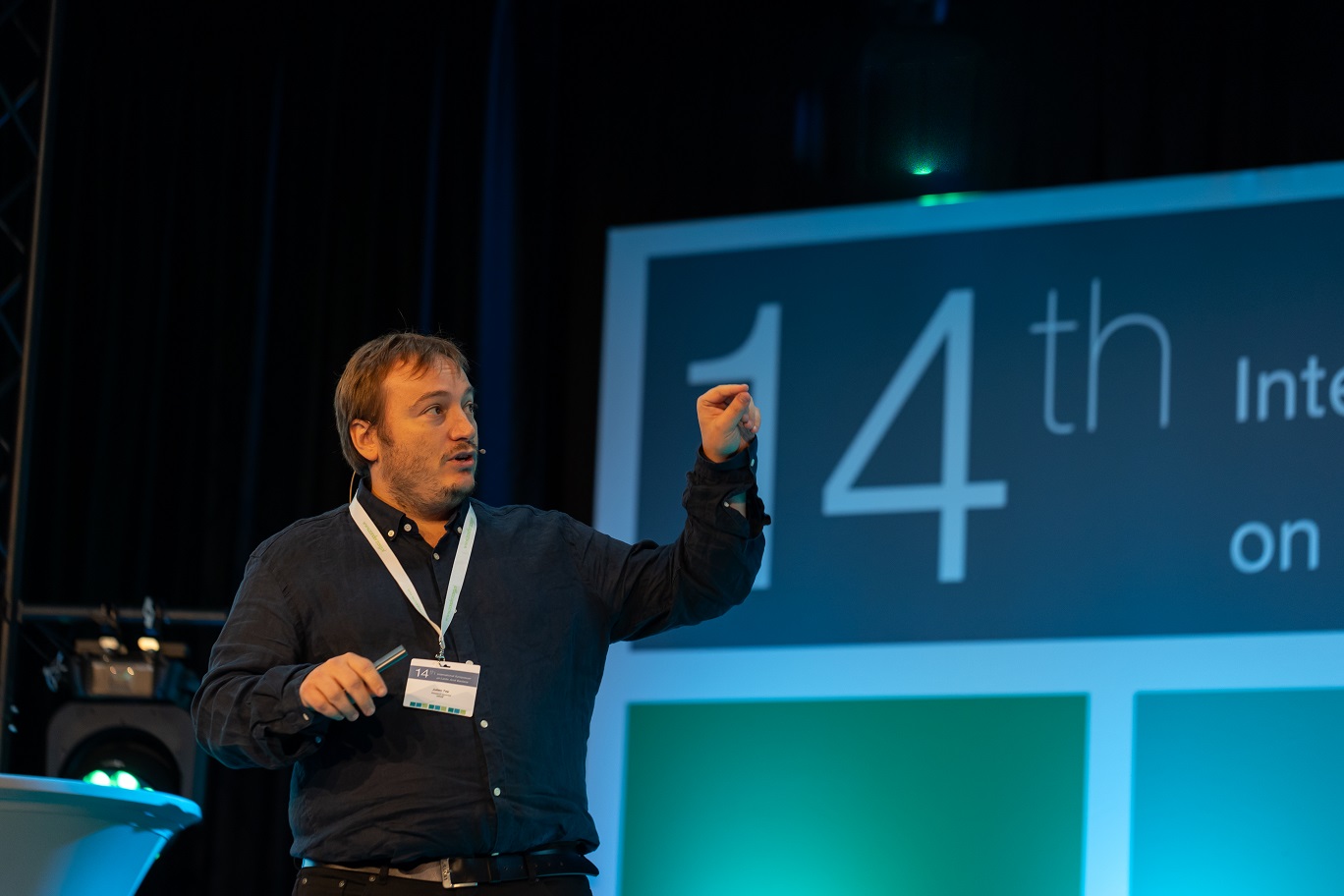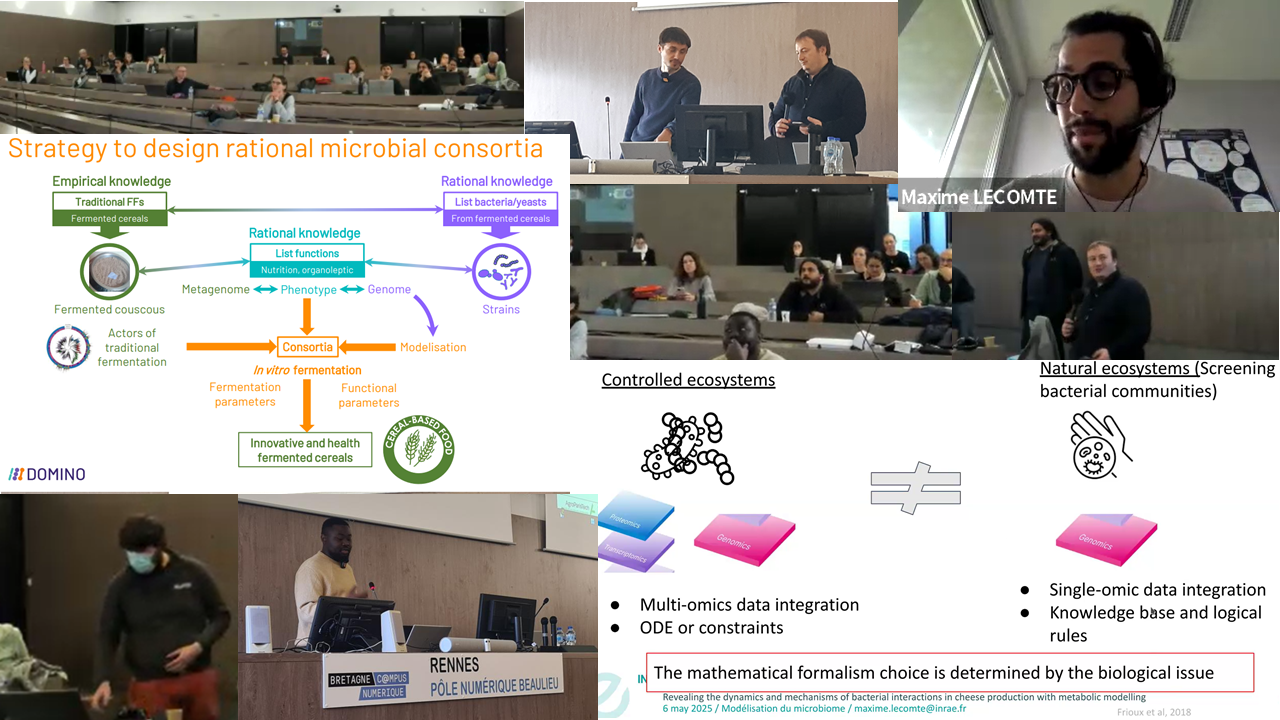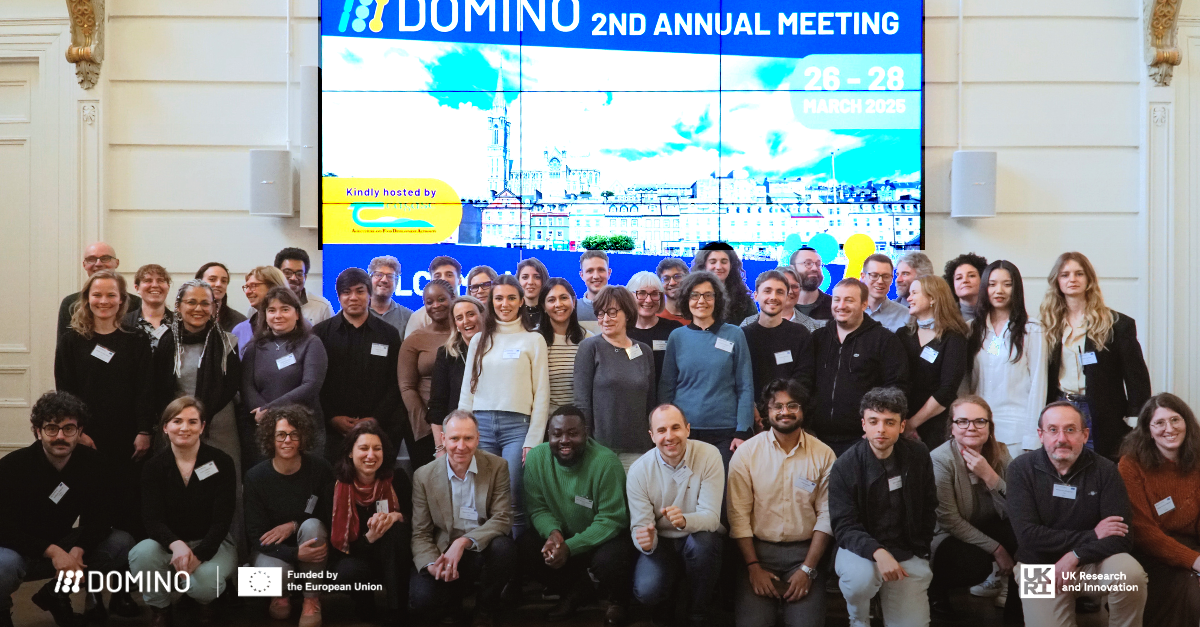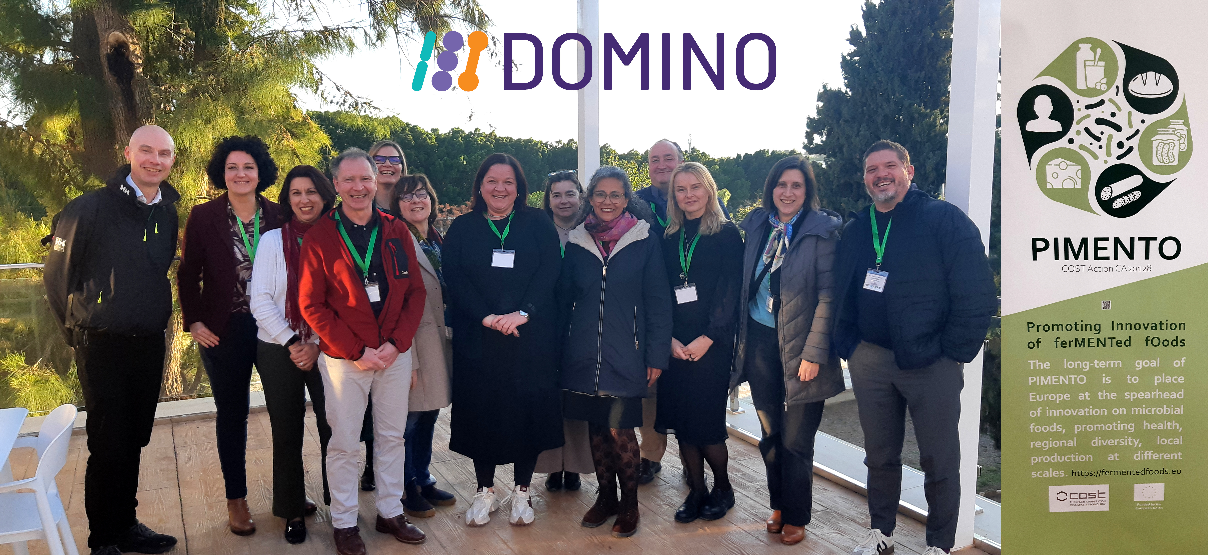Published: Aug 31, 2023 by FME Lab
The 14th Symposium of Lactic Acid Bacteria (LAB14) in Egmond aan Zee, Netherlands, was a landmark event in the world of microbial ecology. Renowned experts from across the globe congregated to discuss the latest advancements in the field.
The symposium touched upon diverse topics, including:
- Microbial Communities
- Genetics and Genomics
- Fermentation and Metabolism, with an emphasis on the role of LABs in fermenting plant-based proteins
- Host-Microbe Interactions
- Bacteriophages and Antimicrobials
Among the speakers was Julien, who delivered a keynote lecture titled ‘Next-Gen Fermented Food: Harnessing Gut Microbiome Diversity and Functions’. His presentation was a synthesis of recent research and insights into the dynamic realm of the gut microbiome.

Key highlights from Julien’s lecture included:
-
Ecological landscape of the gut microbiome: Julien emphasized that the gut microbiome is not merely a collection of microbes. It represents a complex ecological landscape with local states that are dynamically interconnected. These states form “branches” where pivotal transitions take place, a concept elucidated in a recent article published in Nature Communications in June 2023.1
-
Personalized effect: Julien pointed out that their effects can be highly individualistic, largely due to the distinct gut microbiota states each person has at baseline.2,3
-
Shaping the future of fermented Foods: As the industry progresses towards developing next-generation fermented foods, Julien underscored the importance of incorporating gut tipping elements during the prototyping process. This approach ensures that these foods are tailored for maximum personalized benefits.
For those who missed the symposium or wish to delve deeper, the slides from his lecture are now accessible here4.
References
-
Julien Tap, Franck Lejzerowicz, Aurélie Cotillard, Matthieu Pichaud, Daniel Mcdonald, et al. Global branches and local states of the human gut microbiome define associations with environmental and intrinsic factors. Nature Communications, 2023, 14 (1), pp. 3310. 10.1038/s41467-023-38558-7. hal-04159501 ↩
-
Iñigo Oyarzun, Boris Le Nevé, Francisca Yañez, Zixuan Xie, Matthieu Pichaud, et al.. Human gut metatranscriptome changes induced by a fermented milk product are associated with improved tolerance to a flatulogenic diet. Computational and Structural Biotechnology Journal, 2022, 20, pp. 1632-1641. 10.1016/j.csbj.2022.04.001. hal-03842684 ↩
-
Anne-Sophie Alvarez, Julien Tap, Isabelle Chambaud, Stéphanie Cools-Portier, Laurent Quinquis, et al.. Safety and functional enrichment of gut microbiome in healthy subjects consuming a multi-strain fermented milk product: a randomised controlled trial. Scientific Reports, 2020, 10 (1), pp.15974.10.1038/s41598-020-72161-w. hal-0384270 ↩
-
Julien Tap. Next-Gen Fermented Food: Harnessing Gut Microbiome Diversity and Functions. 14th International Symposium on Lactic Acid Bacteria, Aug 2023, Egmond aan Zee, Netherlands.hal-04195035 ↩


